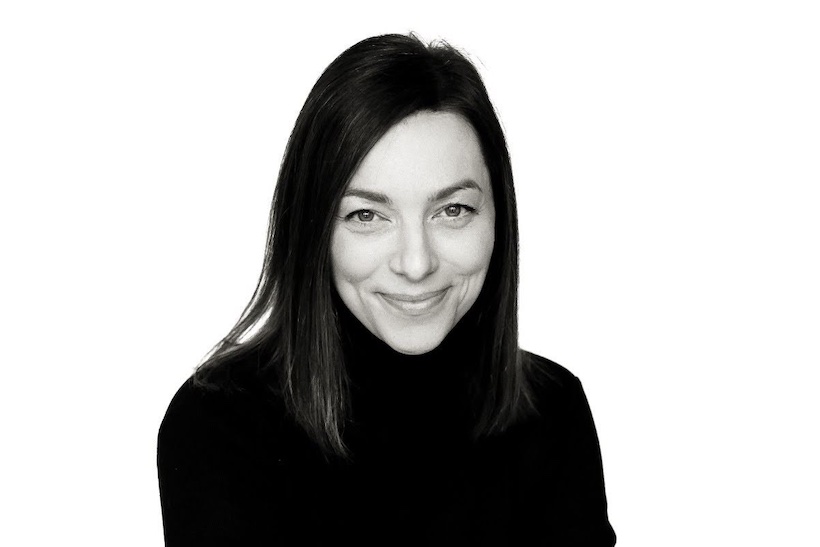
“How replaceable am I?” It’s a question many of us have probably grappled with recently.
Are we the last generation of human advertising creatives? Do we need to start thinking about second careers?
It’s hard to compete with something so much faster, cheaper and, at least lately, trendier. But what if AI isn’t replacing our jobs as much as filling the gaps due to a lack of human talent?
The more pressing issue plaguing our industry might stem from the death of the humanities major, rather than the rise of AI.
Humanities majors cover a series of interdisciplinary fields that study human society and culture, including art history, English literature, sociology and political science, among others. Iambic pentameter might seem tangential to advertising, but it has more of a tie-in than you might think.
These majors serve as a breeding ground for future advertising creatives and copywriters, fostering an understanding of and appreciation for words and pictures that have been the backbone of our industry since its inception.
According to the American Academy of Arts and Sciences, 7% of humanities majors go on to work in arts, design, entertainment and media after receiving their degree. Critical writing skills built through these disciplines teach the power of persuasion—an inherent skill in advertising.
In a February 2023 piece for The New Yorker, Nathan Heller noted that humanities majors have seen a 17% dip in the US, a trend mirrored globally. He notes that in 2022, only 7% of Harvard freshmen planned to major in the humanities, down from 20% in 2012 and nearly 30% during the 1970s.
But if efforts like this don’t prove powerful enough to counteract a shift away from “useless majors,” our industry might find itself with a big problem.
A recent New York Times opinion piece argues that there is “a hopeful sign that AI could usher in a world of work…anchored more, not less, around human ability.” Generative AI has shown us how mundane, expected and manufactured robot-generated ideas are. AI learns by scanning existing data, making it inherently derivative.
We don’t need more of what’s already been done. We need creative thinkers and strategists. We need people with the soft skills fostered by humanities majors who can use AI as a tool to create something original and memorable, then go and sell it.
As humanities major enrollments dip, the FAANGs of the world have done an excellent job of marketing degrees in STEM. The number of students seeking four-year degrees in computer science and information technology increased by 41% in the last four years alone.
While millions of students enroll in science majors and turn to careers as software engineers, product managers and more, soft skills—the theoretical, critical and creative skills that make us human—have become undervalued, thinning out the advertising industry’s entry-level talent pipeline.
We need to take a page from the tech industry and implement our spin on the playbook they have used to spike STEM enrollment. That means collaborating with and investing in liberal arts programs to co-develop curricula that introduce students to advertising earlier and open the aperture on a wider pool of potential candidates, as opposed to the smaller cohorts that make it to graduate advertising schools. Additionally, studying and celebrating industry role models will help students envision successful career paths in advertising.
By nurturing, encouraging and educating the next generation of writers, strategists and problem solvers and to pursue a career in advertising, we have the power to ensure AI operates as a tool rather than the whole box.
Marta Hooper is group creative director at Thinkingbox.






.jpg&h=334&w=500&q=100&v=20170226&c=1)




.jpg&h=334&w=500&q=100&v=20170226&c=1)
.jpg&h=334&w=500&q=100&v=20170226&c=1)


_3.png&h=268&w=401&q=100&v=20170226&c=1)




